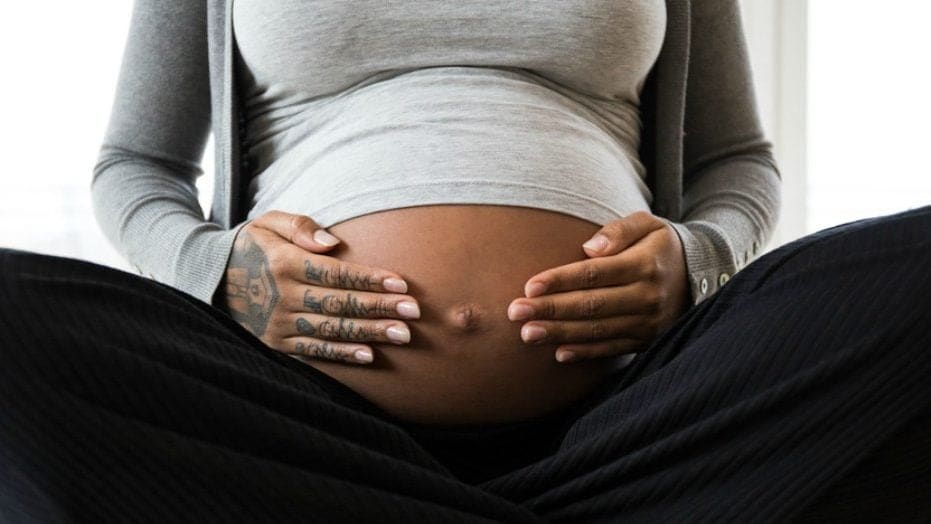San Francisco to provide $1,000 per month to pregnant Black mothers

Loading the player…
A new pilot program called the Abundant Birth Project will provide 150 Black and Pacific Islander women with $1,000 a month during pregnancy and for up to two years after they give birth.
The initiative is designed to help decrease infant mortality in the city.
Read More: Florida girl, 6, allegedly killed by mother after parental rights terminated
City officials said that Black infants in San Francisco are nearly twice as likely to be born prematurely than white infants, while Pacific Islander infants follow with the second-highest preterm birth rate.
The Abundant Birth Project aims to address these disparities in a “positive and active way,” said health director Dr. Grant Colfax. The program will directly benefit expecting mothers and their babies in the two vulnerable communities.
Read More: Trump health official goes on Twitter rant about conspiracy theories, armed revolt
Mayor London Breed announced the program Monday in a statement where she noted that “providing guaranteed income support to mothers during pregnancy is an innovative and equitable approach that will ease some of the financial stress that all too often keeps women from being able to put their health first.”
“The Abundant Birth Project is rooted in racial justice and recognizes that Black and Pacific Islander mothers suffer disparate health impacts,” Breed continued, “in part because of the persistent wealth and income gap.”
The median annual household income for Black and Pacific Islander families in San Francisco is close to $30,000 and $67,000 respectively, compared with over $104,000 citywide.
Read More: Black nurse speaks out after being identified as ICE whistleblower
“Thanks to the work of the many partners involved, we are taking real action to end these disparities and are empowering mothers with the resources they need to have healthy pregnancies and births,” Mayor Breed said.
The project is a fully-funded public-private partnership designed under the collaborative change model, a process that directly involves all impacted and interested parties in decision-making.
“Providing direct, unconditional cash aid is a restorative step that not only demonstrates trust in women to make the right choices for themselves and their families but could also decrease the underlying stress of financial insecurity that may be contributing to the high rates of premature birth in these communities,” said Dr. Zea Malawa.
“It is exciting,” she said, “to be in a city that not only calls out racism as a problem but also takes steps to heal the wounds left by decades of injustice and anti-Black sentiment.”
Have you subscribed to theGrio’s “Dear Culture” podcast? Download our newest episodes now!
Loading the player…
Published at Wed, 16 Sep 2020 15:20:59 +0000

